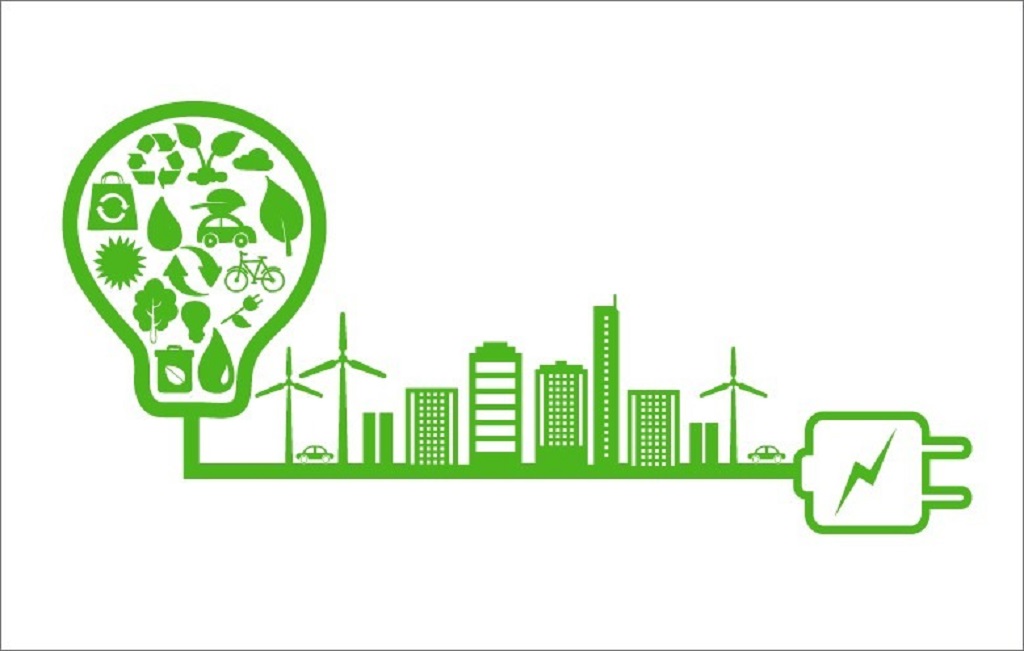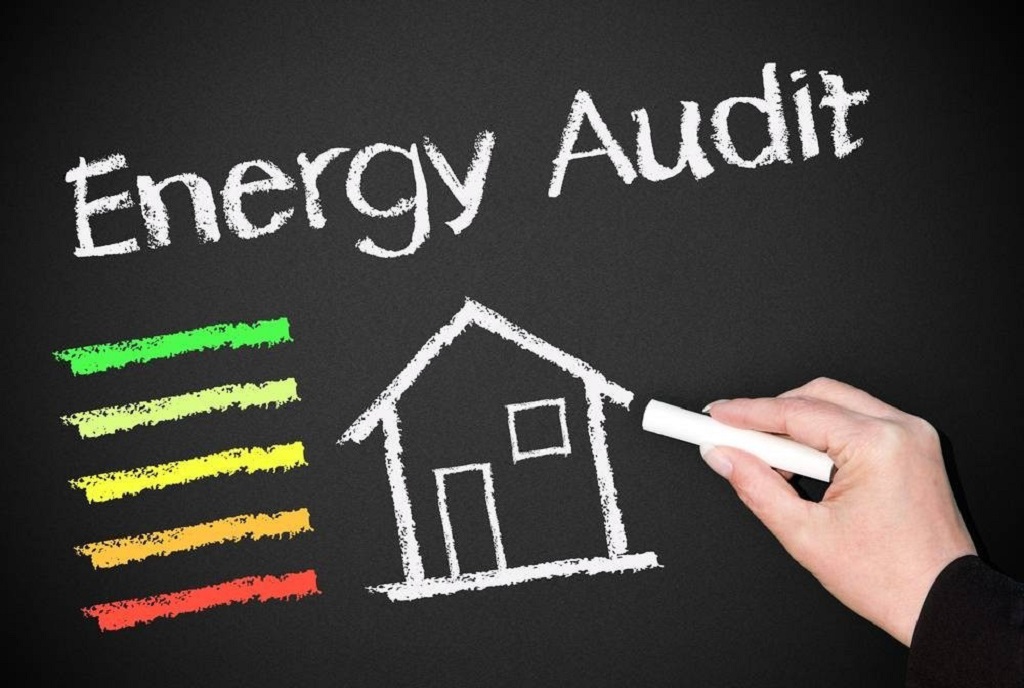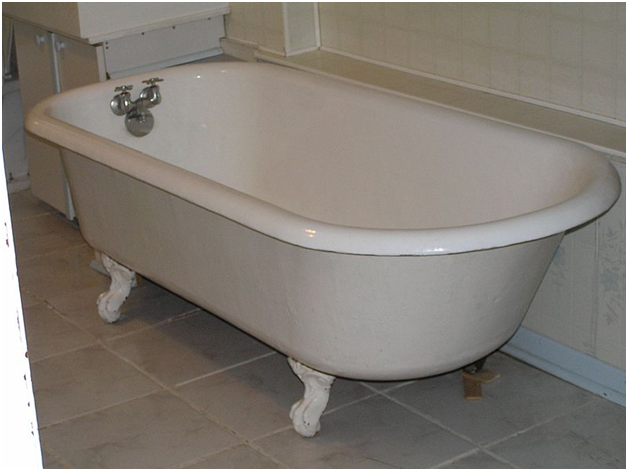When it comes to improving the energy efficiency of your home, insulation upgrades often top the list. However, diving straight into insulation enhancements without a clear understanding of your home’s energy dynamics could lead to wasted money and effort. This is where a home energy audit becomes indispensable. A home energy audit is the cornerstone of any effective energy efficiency strategy, offering a comprehensive understanding of how energy flows through your house and identifying the weak spots that need addressing.
This article explores the importance of home energy audits, how they work, their benefits, and why they are essential before upgrading your insulation. We’ll also address some common questions about energy audits and provide a concise conclusion to help you take the next steps confidently.
What Is a Home Energy Audit?

A home energy audit is a systematic assessment of your home’s energy consumption and efficiency. Conducted by a professional or through DIY methods, this evaluation identifies areas where energy is wasted and provides a roadmap for improving efficiency.
The audit examines key elements such as:
- Air leakage: Gaps and cracks where air escapes, leading to energy loss.
- Insulation levels: The current state and effectiveness of your home’s insulation.
- HVAC system efficiency: The performance of heating, ventilation, and air conditioning systems.
- Lighting and appliances: Energy use patterns in lights and appliances.
- Thermal imaging: Use of infrared cameras to detect temperature variations indicating energy leaks.
Why Conduct a Home Energy Audit Before Insulation Upgrades?
1. Identify Priorities
Not all energy issues stem from inadequate insulation. An energy audit helps pinpoint specific areas requiring attention, such as leaky windows, unsealed ducts, or outdated HVAC systems. By addressing these first, you maximize the effectiveness of your insulation upgrades.
2. Optimize Investment
Upgrading insulation without identifying other inefficiencies can result in limited improvements. An energy audit ensures that your investment is targeted where it will have the greatest impact, avoiding unnecessary expenses.
3. Improve Comfort and Health
Energy audits don’t just save money; they also improve your home’s comfort. Drafts, uneven temperatures, and poor air quality often result from overlooked energy inefficiencies. By addressing these during an audit, you create a healthier and more comfortable living environment.
4. Reduce Environmental Impact
By improving your home’s energy efficiency, you reduce your carbon footprint. Identifying energy waste through an audit helps you make changes that contribute to a greener future.
Read More Also: How to Install Floor Mounted Bath Taps: A Comprehensive Guide
The Home Energy Audit Process
Step 1: Initial Consultation
A professional energy auditor will start by discussing your concerns, energy bills, and goals. They will gather preliminary information about your home’s structure, size, and systems.
Step 2: Visual Inspection
The auditor will inspect areas like the attic, walls, basement, and crawlspaces to assess insulation, windows, doors, and visible signs of air leaks.
Step 3: Diagnostic Tests
- Blower Door Test: This measures the air-tightness of your home by creating pressure differences and identifying leaks.
- Thermal Imaging: Infrared cameras detect temperature inconsistencies to highlight insulation gaps.
- Duct Leakage Testing: Evaluates the performance of your home’s ductwork.
Step 4: Energy Analysis
Data from the inspection and tests are analyzed to provide a detailed report of your home’s energy performance. The report highlights problem areas, recommends solutions, and estimates potential savings.
Key Benefits of a Home Energy Audit
1. Cost Savings
An energy audit can identify improvements that reduce utility bills by up to 30%. Addressing leaks, upgrading insulation, and improving HVAC systems yield significant savings over time.
2. Enhanced Comfort
Proper insulation combined with efficient energy use eliminates drafts, maintains consistent temperatures, and ensures optimal comfort regardless of the season.
3. Increased Home Value
Energy-efficient homes are in high demand. Making improvements based on an energy audit can boost your property’s market value and appeal to environmentally conscious buyers.
4. Eligibility for Rebates and Incentives
Many governments and utility companies offer rebates or incentives for energy efficiency upgrades. An energy audit can help you qualify for these programs.
DIY Energy Audit vs. Professional Audit
While DIY energy audits can uncover basic inefficiencies, such as drafty windows or gaps under doors, they lack the precision and tools of professional audits. A professional audit is recommended for a comprehensive understanding and accurate recommendations.
DIY Audit Tools and Tips:
- Use incense sticks to detect air leaks around windows and doors.
- Check for uneven temperatures in rooms.
- Inspect attic and wall insulation visually.
- Monitor utility bills for sudden spikes.
Professional Audit Advantages:
- Advanced diagnostic tools, such as blower door tests and thermal imaging.
- Expertise in identifying hidden inefficiencies.
- Comprehensive reporting with prioritized recommendations.
FAQ: Frequently Asked Questions About Home Energy Audits
1. How much does a professional home energy audit cost?
The cost varies depending on your location and the size of your home, but typically ranges between $200 and $600. Some utility companies offer discounts or free audits to their customers.
2. How long does an energy audit take?
A professional energy audit usually takes 2-4 hours, depending on the complexity of the home and the tests involved.
3. Can I perform a home energy audit myself?
Yes, a DIY audit can identify basic issues like drafts or poor insulation. However, a professional audit provides a deeper and more accurate assessment.
4. Is a home energy audit necessary for new homes?
Even new homes can have inefficiencies. A home energy audit ensures that your home meets optimal energy efficiency standards.
5. How often should I conduct an energy audit?
It’s recommended to perform an audit every 5-10 years or whenever you plan significant upgrades or notice high energy bills.
6. Will an energy audit help me qualify for tax credits?
Yes, many energy efficiency upgrades, such as insulation improvements, qualify for tax credits. An audit provides the documentation and recommendations needed to take advantage of these benefits.
Conclusion
A home energy audit is an invaluable first step before upgrading your insulation. It provides a clear, data-driven understanding of your home’s energy performance, enabling you to prioritize improvements that maximize efficiency, comfort, and savings. By addressing underlying issues like air leaks or outdated systems, an energy audit ensures that your insulation upgrades deliver the best possible results.
Whether you choose a DIY approach or hire a professional, investing in a home energy audit is a smart move for your wallet, comfort, and the environment. Take the first step today and enjoy the benefits of a more energy-efficient home!




